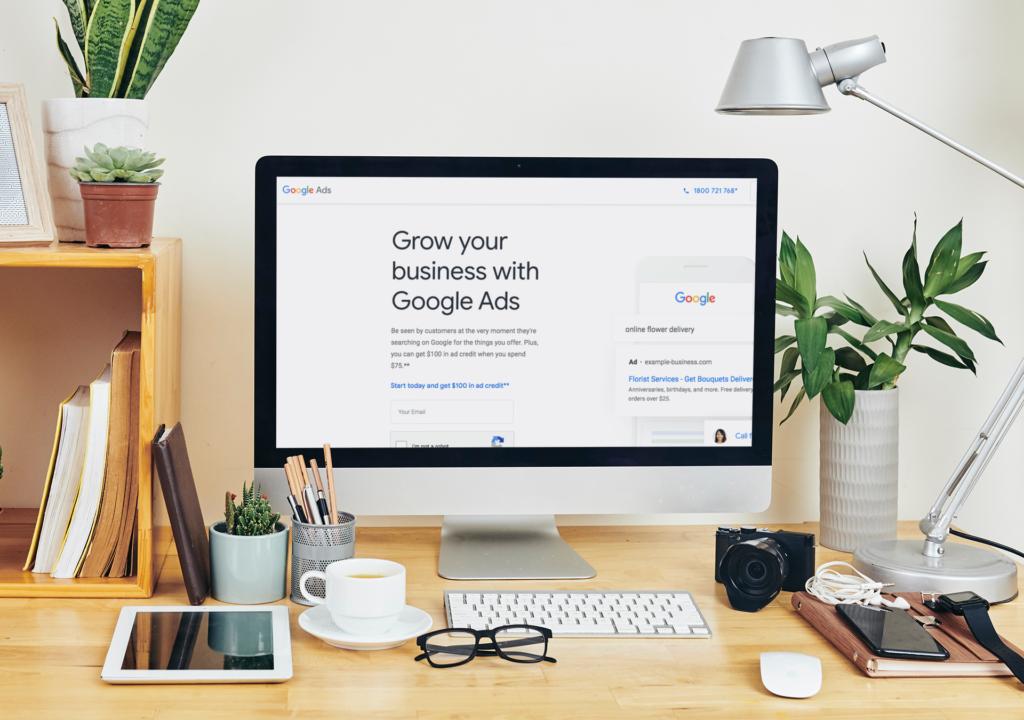It’s no secret that Google Ads are a powerful marketing tool but it can also be a tricky medium to master. From our experience, it requires careful research, expert knowledge and consistent optimisation to generate leads and drive traffic to your website. So today, we’re sharing some of the top reasons Google Ads campaigns don’t covert.
1. Your landing pages are not optimised for lead generation
Driving traffic to your website is only half the challenge – once a user clicks on your ad, you need to capture their attention and convert their business quickly.
One of the main reasons Google Ads don’t convert is because a landing page isn’t optimised to generate leads. Customers are looking to solve their problems and want a quick fix, so your landing page has to be relevant and clear in its intent with simple messaging, intuitive navigation and a strong call to action.
2. Keyword research hasn’t been done or has been done poorly
Creating a solid keyword strategy is essential in ensuring your Google ads perform well, because without it, you’ll end up paying for clicks that aren’t interested in your product or service.
Taking the time to research relevant keywords will help you understand the best words to use, the ideal combination of words and the most appropriate phrases for your business that will help drive traffic to your site. The keyword research process will also help you see which keywords and phrases are getting the most volume of searches. Google’s Keyword Planner is a great tool to use. And don’t forget, it’s also worth including negative keywords in your research to prevent irrelevant clicks.
3. Keyword match settings are too broad or too narrow
With the choice of three major keyword match types – broad match, phrase match and exact match – it’s important to create a healthy balance between reaching a wide audience and ensuring your ad is seen by the right people.
The best way to do this is by using a combination of match types. A ‘broad match’, the default match type for keywords, casts the widest net to generate lots of impressions that aren’t as targeted whereas, an ‘exact match’ will only show your ad to users who type in the exact keywords and means your impressions are limited but a lot more targeted. You can learn more about keyword match types here.
4. Your ad copy and CTA is too vague
Spending time crafting your ad copy is just as important as using the right keywords because strong ad copy can dramatically increase your click-through rates.
Since Google Ads are designed as a text-only format, it’s worth spending time developing succinct, enticing copy that has a clear call to action. If you have a special offer or promo running, we definitely recommend including this in your ad copy. It’s also worth optimising your ad copy by including target keywords that make your ad relevant to users searching for that particular query.
5. Your ad extensions aren’t tailored to your ads
Businesses often fail to optimise their ad extensions which are a simple yet effective way of giving users extra info about a product or service and more reasons to click on an ad. Ad extensions can include sitelinks, your location and phone number which help increase an ad’s click-through rate.
6. Your ad groups are not specific enough
An ad group contains one or more ads that share similar targets. You set a bid, or price, to be used when an ad group’s keywords trigger an ad to appear. It’s important to consider the structure of your ad groups and whether they’re specific enough. The best way to do this is to build ad groups that consist of closely related keywords which ensures your ad is relevant to a user’s query. We also suggest organising ads by a common theme by separating them into the different products or services you offer.
7. You’re not setting Google Ads up to track conversions correctly
Conversion tracking allows you to look at how well your ad is going in terms of sales, lead generation and email sign-ups and provides insights into the success of your ad campaign.
If conversion tracking isn’t set up correctly, the insights you receive won’t be a true reflection of your ad campaign but when set up correctly, these insights can be used to determine the best keywords, ad groups and campaigns to use going forward.
If you need help getting your Google Ads account up and running or are just looking to optimise it to generate more leads, get in touch, we’re happy to help!
[hubspot portal=”2594939″ id=”00e6a53f-30d3-46f0-b54c-8ce5233dce03″ type=”form”]




